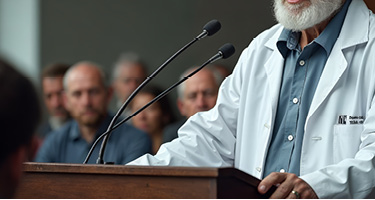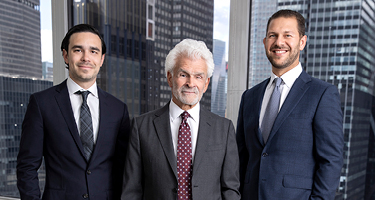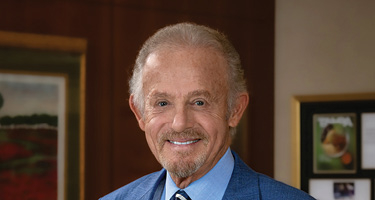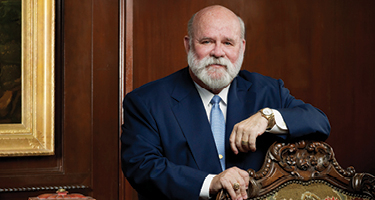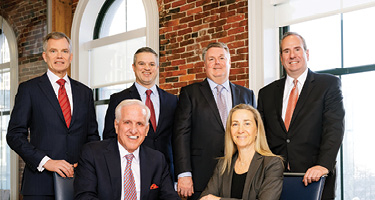Last year, we reported to you on two federal district judge’s rulings regarding the interplay of the collateral source rule and medical financing in personal injury lawsuits. That article can be found here. Under the collateral source doctrine, a tortfeasor/defendant cannot obtain the benefit for medical discounts obtained by a Plaintiff in many instances. This usually entails a prior depletion of the Plaintiff’s patrimony from paying insurance premiums, foresight in obtaining insurance, and general “principle” that the tortfeasor should not gain a benefit due to his/her tortious conduct.
Courts have been grappling with the collateral source rule in relation to lawsuit medical financing. Under these agreements, initial discounts are “granted” by Plaintiff medical providers through a sale of their rights to collect the full charged medical care amounts. The financing company purchasing these rights of collection ostensibly then may collect the full charges from the Plaintiff—after settlement/resolution of a lawsuit.
While the Federal judges in cases reviewed in our previous article found certain medical financing agreements did not fall under the collateral source rule (i.e., Defendants obtained the benefit of the discounts), the Louisiana Fifth Circuit Court of Appeal recently found that the collateral source rule did apply to such an agreement.
OCHOA V. BRAD ALDRETE ET AL
In Ochoa v. Brad Aldrete et al., No. 21-C-632 (La. App. 5 Cir. 12/08/2021), the district court in Jefferson Parish ruled in favor of the defendants, granting their motion in limine to exclude medical billing expenses from Plaintiff’s medical providers. Instead, Plaintiff would be allowed at trial only to introduce evidence of medical expenses paid by his third-party financing/funding company, HMR Funding, LLC. On appeal, the 5th Circuit, in an opinion by Judge Fredericka Homberg Wicker, reversed the ruling of the trial court, finding that the collateral source rule in fact applied. Therefore, Plaintiff would be allowed to introduce his total billed expenses, not just what the financing company paid the medical providers.
Pertinent facts are as follows. Pre-suit, Plaintiff’s medical providers entered into a financing agreement with HMR, which purchased Ochoa’s outstanding medical bills at a discount (under 42% overall) in exchange for the ability to collect on the full billing amount at a later date—at claim resolution. Each of the medical providers entered into an assignment agreement with Ochoa to obtain his permission, which included Ochoa’s personal responsibility to pay HMR. HMR did not sign this assignment.
The appellate court reviewed the language of the assignments, finding that they did bind Ochoa to pay the full amount of the medical expenses to HMR. The court noted that parol evidence (evidence outside the four corners of the contract) was admissible to vary the terms of a written contract if the terms of the contract were susceptible of different meaning. Here, the appellate court found the language to be clear and not susceptible of different meanings. This is important, as the district judge “gave significant consideration to the testimony of Deborah Lukhard, a corporate representative of HMR.” She testified that HMR had never “gone personally after any of the patients for failure to pay the full medical expense.” This was parol evidence. The appellate court did not consider this testimony relevant, as the contract facially allowed HMR to collect the full billed amounts from Ochoa.
In analyzing whether the collateral source rule thereafter applied, the court applied the Bozeman factors: 1) whether the application of the rule will further the major policy goal of tort deterrence and 2) whether the victim, by having a collateral source available as a resource of recovery, either paid for such a benefit or suffered some diminution of patrimony because of the availability of the benefit, such that no actual windfall or double recovery would result from the application of the rule. The court noted this rule does not apply to attorney discounts or worker’s compensation benefits under Louisiana law, per the Louisiana Supreme Court’s rulings in Hoffman and Simmons. The court also noted that discounts obtained by health insurers or through plaintiff’s personal negotiations were subject to the collateral source rule, per Patterson (LA Second Circuit) and Lockett (LA Fifth Circuit).
Under this framework, the appellate court found that the discounts obtained through financing were indeed covered by the collateral source rule. The Plaintiff could present evidence of his entire medical expenses. The court emphasized Mr. Ochoa’s personal liability to pay back the full, billed amounts of his providers to HMR and that his attorney had not negotiated any of these discounts.
The court also countered the district judge’s concerns regarding Ochoa’s potential “bad faith” regarding the customary and reasonable nature of his medical billing. The trial judge noted the assignment specifically stated that the billed amounts might be larger than for patients whose treatment were not financed by third party, and the trial court considered an affidavit from an RN who had reviewed the amounts billed. The appellate court, on the other hand, relied on Louisiana jurisprudence that a trier of fact is in error if it does not award Plaintiff the full amount of medical expenses it finds were caused by the defendant’s negligence. The appellate court stated that defendants were essentially arguing that Plaintiff was overcharged for treatment, with HMR doing no investigation into the reasonableness of the medical costs. The appellate court found no bad faith on the part of Ochoa, contrary to the district judge’s findings.
IMPLICATIONS
The Appellate court essentially struck the testimony of HMR’s corporate deposition from consideration—even though it was potential evidence that the funding contract was not really what it purported to be on paper. The Court, therefore, was not allowing defendants to demonstrate issues of credibility or to prove that this financing contract was essentially a simulation or a fraud.
This ruling presents some issues in the collateral source context. Perhaps greater degrees of discovery must be engaged in to determine the true intents of the parties, including any Plaintiff him/herself, when faced with large medical expenses that Plaintiff may have only paid pennies on the dollar for before suit settlement.



